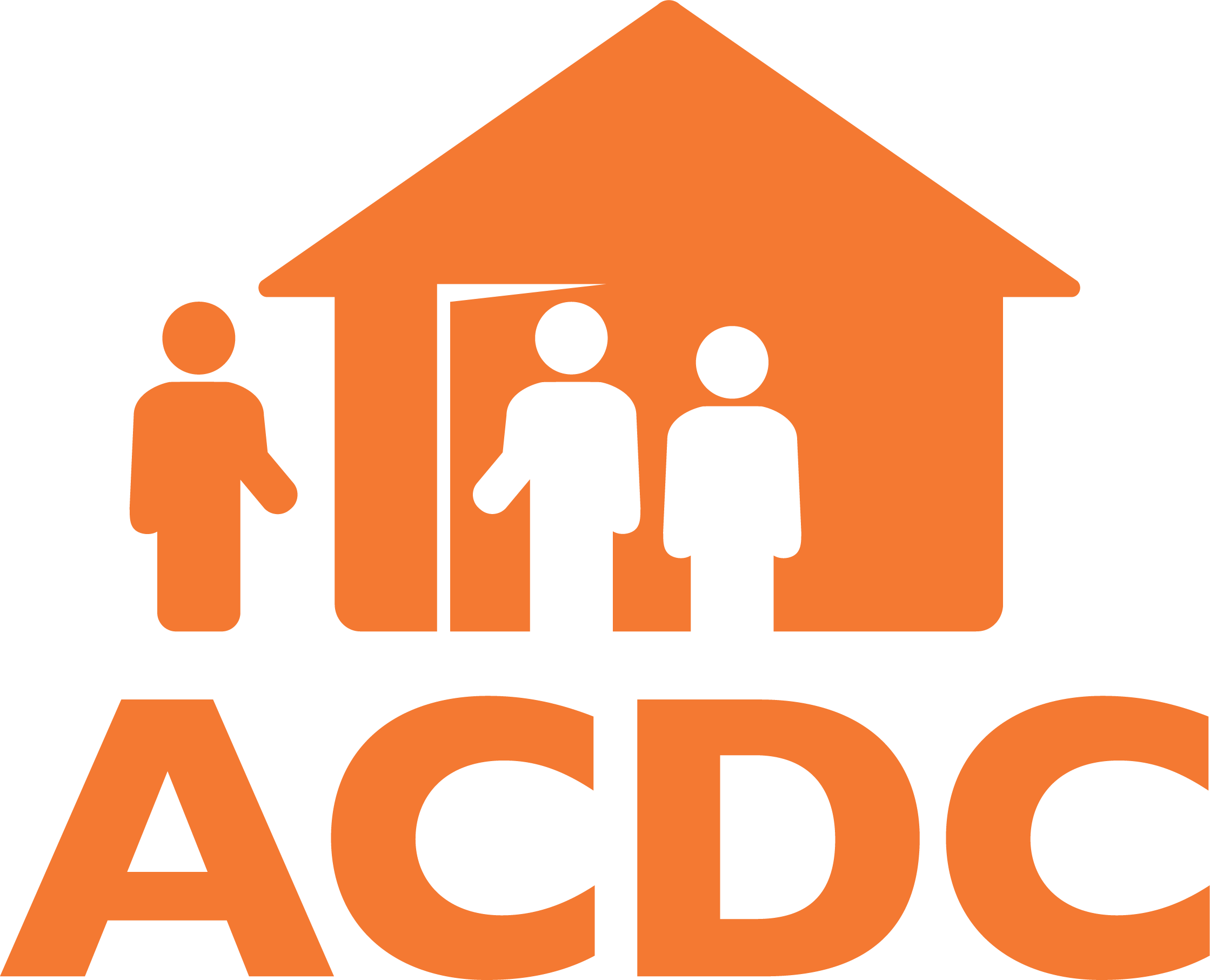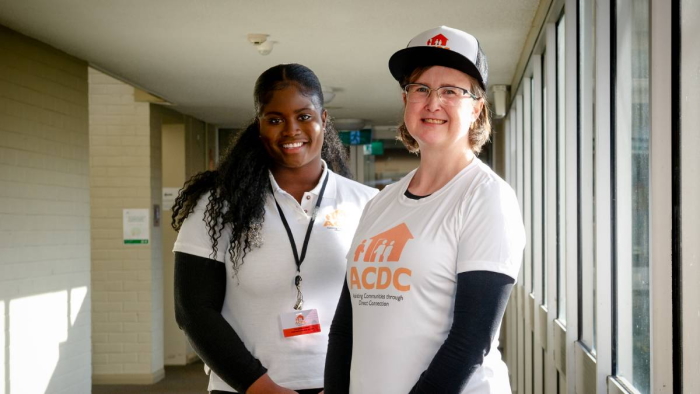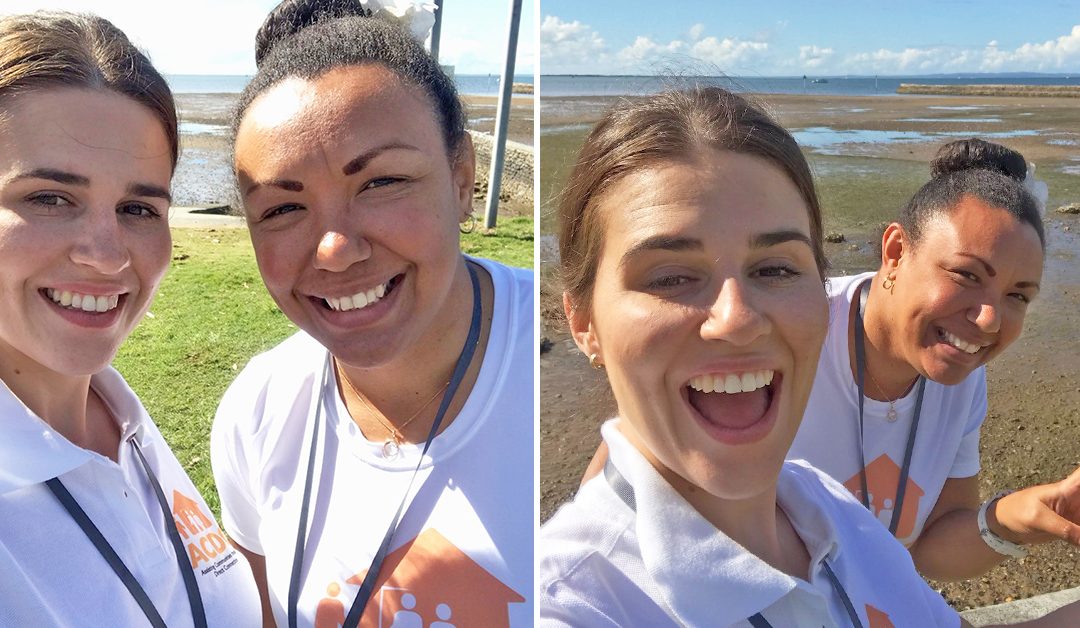Steering Committee
The ACDC Project is committed to engaging with the community in the design and refinement of the program. We have a Steering Committee comprising industry experts and people with lived experience and carers. Our Working Group members generously support us in the development of the program and provide valuable feedback.
Anne Massey – Chairperson
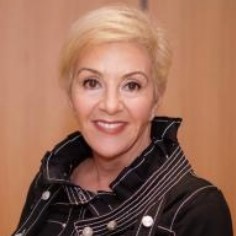 Anne Massey has over 20 years global experience in the hospitality, research, technology software, and social sustainability sectors. Over her career, Anne has been a CEO, entrepreneur, executive coach, business developer, and public speaker.
Anne Massey has over 20 years global experience in the hospitality, research, technology software, and social sustainability sectors. Over her career, Anne has been a CEO, entrepreneur, executive coach, business developer, and public speaker.
Anne is an experienced non-executive chair and director, with extensive international expertise in strategic brand, loyalty marketing, people management, mergers and acquisition, partnerships, and business development. This has included time on the ground in USA and Asia Pacific.
Currently she is an independent Chair for The CEO Institute, chairing two Syndicate groups of CEOs’, as well as an Advisory Board member for Resilient Australia Alliance.
“During my time as Chair of the Can Too Foundation – a health and wellness charity – I became aware of how important physical health is in managing our mental wellness. I have also seen the personal impact of suicide on families. The ACDC Project will have a real impact in communities across Australia.”
Sarah Sutton – Carer Representative
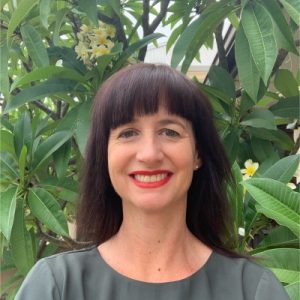 Sarah has been a mental health carer for almost 30 years. She holds a variety of advocacy roles including SA’s carer representative on the National Mental Health Consumer and Carer Forum, a carer representative on the NDIA Independent Advisory Council’s Intellectual Disability Reference Group, and being a SANE Australia Peer Ambassador.
Sarah has been a mental health carer for almost 30 years. She holds a variety of advocacy roles including SA’s carer representative on the National Mental Health Consumer and Carer Forum, a carer representative on the NDIA Independent Advisory Council’s Intellectual Disability Reference Group, and being a SANE Australia Peer Ambassador.
Sarah also works with the Department for Correctional Services, which sees her assisting Aboriginal and non-Aboriginal clients who have experienced homelessness, racism, drug abuse, trauma, severe mental health issues and head injuries.
Sarah is a strong advocate for personal choice and control and for improving community supports so that consumers have much greater options available to them.
“Whilst I believe that the best approach is for people with mental health issues and psychosocial disability to seek support and speak for themselves, when this is not possible due to past trauma, or stigma and discrimination, it is imperative that services provide outreach to these individuals in their own safe and secure environments, and that families and loved ones are also included in planning efforts.”
Kerry Hawkins – CMHA Board Representative
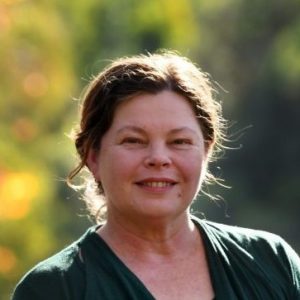 Kerry is the CMHA Board representative on the ACDC project and is the President of the Western Australian Association for Mental Health.
Kerry is the CMHA Board representative on the ACDC project and is the President of the Western Australian Association for Mental Health.
Kerry is also a Board Director for Helping Minds, the Recovery College of WA, Mental Health Carers Australia, and Emerging Minds. She is also the deputy carer co-chair of the National Mental Health Consumer and Carer Forum. As a National Mental Health Commissioner, she is informed by her lived experience as a family member.
“I’m hopeful this project will provide solid data and add to the evidence base that shows the absence of suitable, acceptable and needs-adapted resources and supports for people experiencing distress. I hope this will compel the development of new funding models and services led by people who know best what is required, lived experience.”
Jennifer Black – CMHA Executive Leadership Group Representative
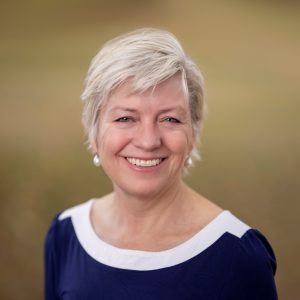 Jennifer has over 30 years’ experience in government, public, private and not for profit mental health sectors. Jennifer is the CEO of the Queensland Alliance for Mental Health. She has previously held some key roles in Victoria, including Deputy Mental Health Complaints Commissioner for Victoria and the Executive Director of Mental Health and Drugs and Alcohol Services for Barwon Health.
Jennifer has over 30 years’ experience in government, public, private and not for profit mental health sectors. Jennifer is the CEO of the Queensland Alliance for Mental Health. She has previously held some key roles in Victoria, including Deputy Mental Health Complaints Commissioner for Victoria and the Executive Director of Mental Health and Drugs and Alcohol Services for Barwon Health.
Lisa Brophy – Academic Research Sector Representative
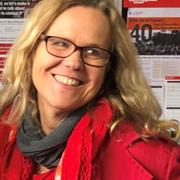 Lisa is currently Professor and Discipline Lead in Social Work and Social Policy at La Trobe University. She is also an honorary principal research fellow in the Centre for Mental Health in the Melbourne School of Population and Global Health at the University of Melbourne.
Lisa is currently Professor and Discipline Lead in Social Work and Social Policy at La Trobe University. She is also an honorary principal research fellow in the Centre for Mental Health in the Melbourne School of Population and Global Health at the University of Melbourne.
Lisa has been devoted to the mental health field of practice since she graduated from her Social Work degree in 1985. Lisa also graduated with a Master’s in Policy and Law from La Trobe University in 1995 and a PhD from The University of Melbourne in 2009. Her research focuses on recovery, social inclusion, and human rights.
“The ACDC project provides an exciting opportunity to hear directly from people about their needs and experience of mental heath services, how they see the current gaps in service delivery and how this impacts them. It is giving people a chance to influence change and innovation in their local communities.”
Ingrid Hatfield – National Mental Health Peak Organisation Representative
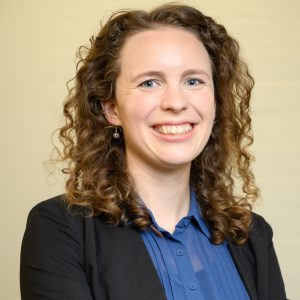 Ingrid has significant experience in national policy and advocacy in the social services sector. She has represented national service provider networks to influence social and economic policy to support inclusion, social justice, and wellbeing.
Ingrid has significant experience in national policy and advocacy in the social services sector. She has represented national service provider networks to influence social and economic policy to support inclusion, social justice, and wellbeing.
In her current role as Senior Policy and Projects Officer at Mental Health Australia, Ingrid works with organisations across the full spectrum of the mental health services and lived experience representation, to develop and prosecute policy platforms to further systemic mental health reform.
“The ACDC project is a powerful opportunity to hear directly from people across different communities about their mental health and wellbeing and unmet needs. It’s also exciting to test and demonstrate this new approach to connecting people with support, by actively reaching out to people where they’re at rather than relying on them to find a service”
Fiona Cromarty – National Disability Insurance Agency Representative
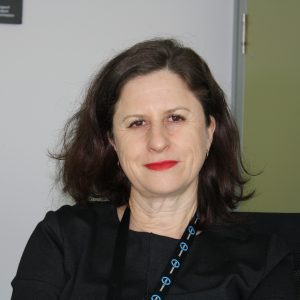 Fiona is Branch Manager for the National Disability Insurance Agency (NDIA) Partner Program. In this role, she is responsible for the Partners in the Community program, which delivers the National Disability Insurance Scheme (NDIS) through local organisations with extensive understanding of their communities.
Fiona is Branch Manager for the National Disability Insurance Agency (NDIA) Partner Program. In this role, she is responsible for the Partners in the Community program, which delivers the National Disability Insurance Scheme (NDIS) through local organisations with extensive understanding of their communities.
Fiona has worked in the disability sector for more than twenty years, leading a range of strategic programs focussed on improving the outcomes of people living with disability. At the TAC she helped lead the design and implementation of their Research program, and the development and implementation of a major change program to increase uptake of self-management of supports for those living with acquired disability.
“I originally became involved in the ACDC project when the ILC Grants Program was managed by the NDIA. The project struck me as a truly innovative way to directly connect with people in their communities, knowing that many people living with mental illness do not receive the support they need.”
Ailsa Rayner – Consumer Representative
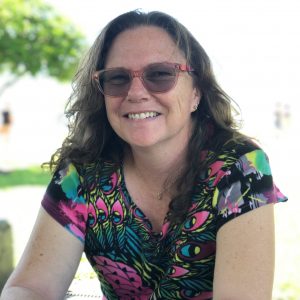 Ailsa is a survivor. Over 34 years as a consumer and worker, including very recent experience of both inside and outside the mental health services, Ailsa has had a number of opportunities to contribute. From national mental health advisory groups, state advisory councils, to local committees, Ailsa has helped services support people to be autonomous, self-determining and to express their will and preferences when it comes to healing their distress and trauma.
Ailsa is a survivor. Over 34 years as a consumer and worker, including very recent experience of both inside and outside the mental health services, Ailsa has had a number of opportunities to contribute. From national mental health advisory groups, state advisory councils, to local committees, Ailsa has helped services support people to be autonomous, self-determining and to express their will and preferences when it comes to healing their distress and trauma.
“I am part of the ACDC project to contribute to human rights and community capacity building. The project has the potential to find out where the barriers are and to find ways to overcome these”
